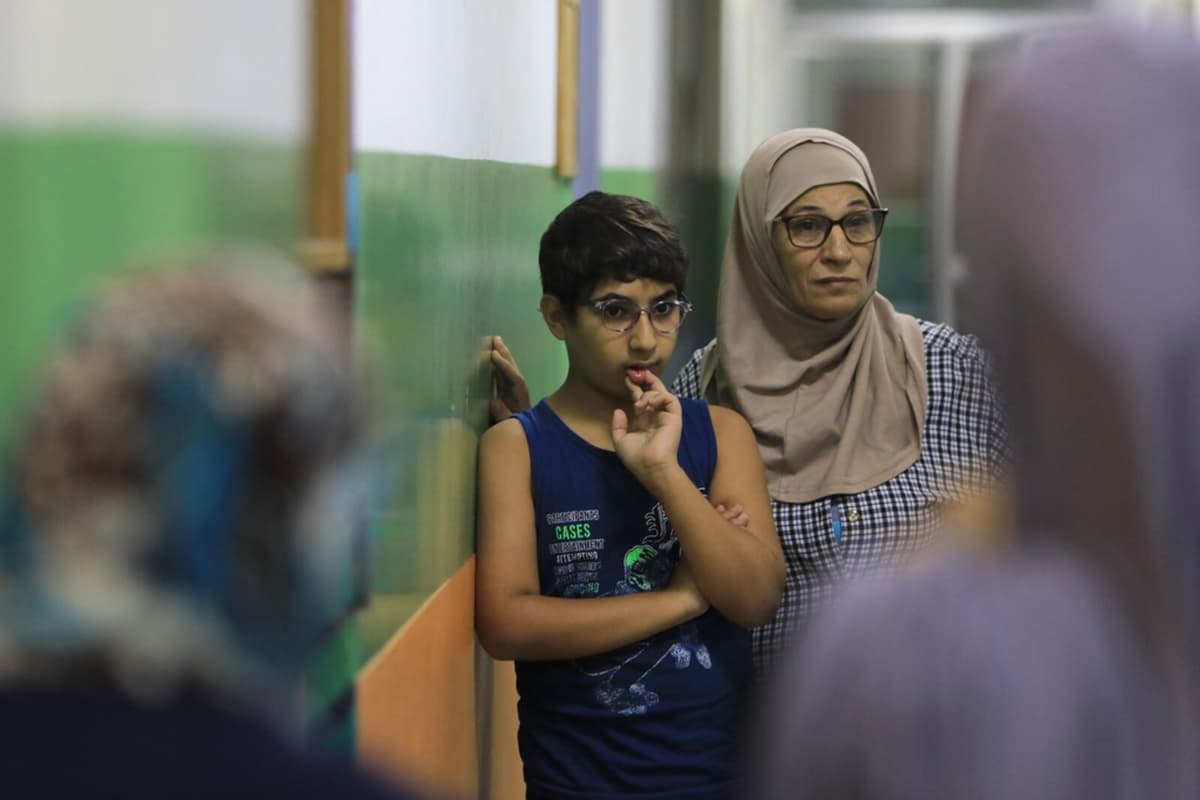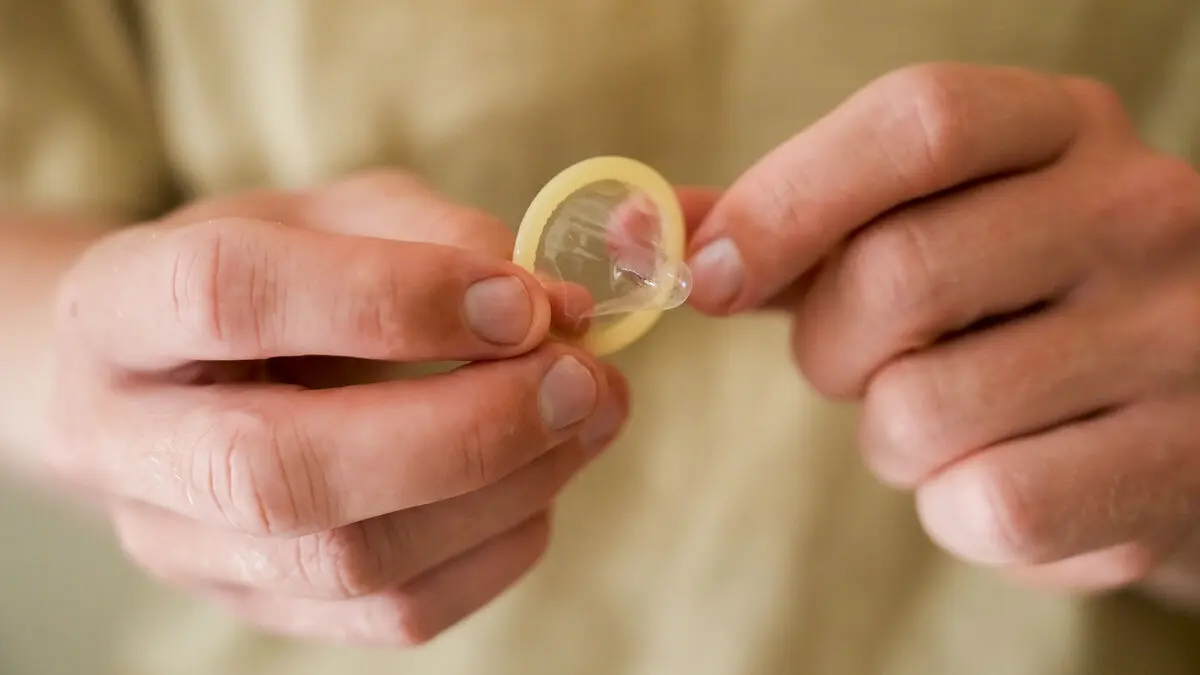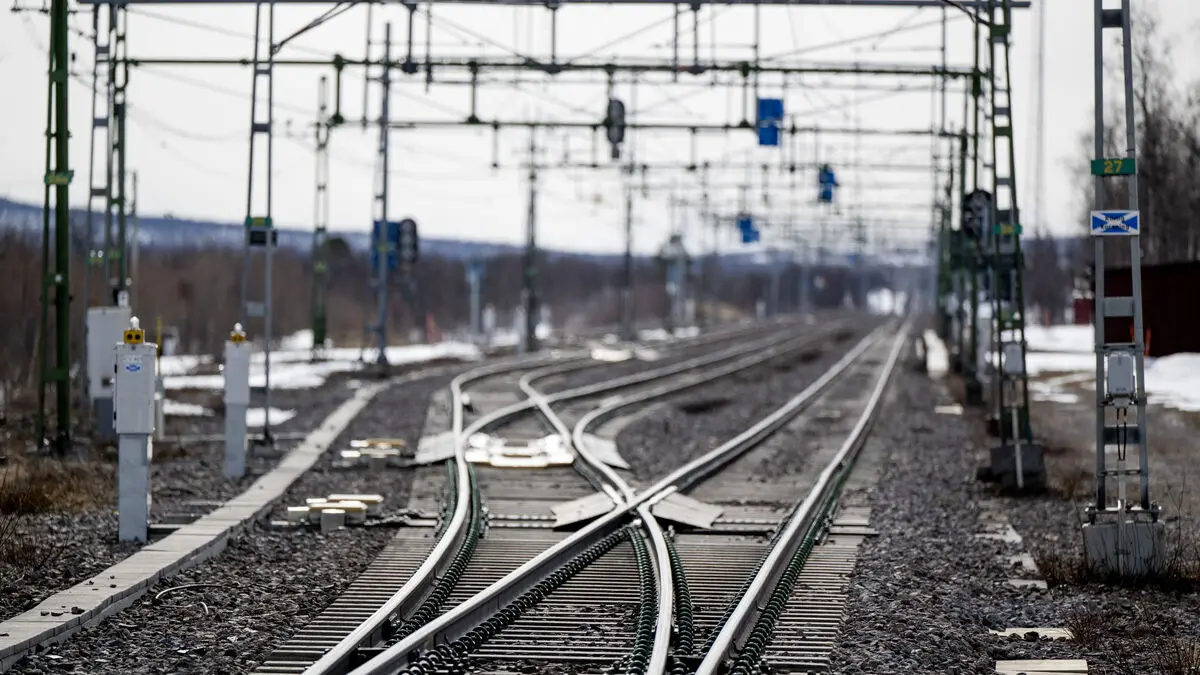Ali and his family have moved into a school after being forced to flee their home. But education is cancelled. Due to "security risks", the autumn school start in Lebanon has been postponed indefinitely. The decision affects over a million students.
I miss my classmates and teachers, says Ali to the news agency AFP, visiting the school where the family now lives.
His mother Batul Aruni does not believe that teaching will resume anytime soon.
No mother wants her child to miss school, but this year I would rather he stayed by my side since it is not safe anywhere in Lebanon, she says.
400,000 children
Over 400,000 children in Lebanon have been forced to flee during the past three weeks of war, according to UNICEF, the UN children's agency. This is since Israel has stepped up attacks on the Hezbollah movement in Lebanon after the parties have been exchanging fire across the border almost daily over the past year.
Over 2,300 people have been killed in Israeli attacks in Lebanon over the past year – nearly 75 percent of them in the past month, according to figures from the country's health department.
Ted Chaiban, UNICEF's regional chief, has visited schools that have become temporary shelters for families on the run.
What strikes me is that this war is three weeks old and so many children have been affected, he says to AP in Beirut.
As it looks today, 1.2 million children are not getting their education. Their schools have become inaccessible, have been damaged in the war or are being used as shelters. The last thing this country needs, besides everything else it has gone through, is the risk of a lost generation, he says.
"Only the beginning"
Many children cower whenever they hear a loud noise, says Ted Chaiban. It is a consequence of having experienced so much violence, including the sound of different types of shelling.
We are only at the beginning and it has already had a profound impact, he says.
In the schools where many have moved in, several families can live in a classroom with only a plastic sheet separating them. 1,000 people can share twelve toilets, where not all may even be functioning.
Other families have set up tents along roads or on beaches.
In central Beirut, Salma Salman's seven-year-old twin daughters receive a hug.
Who thinks about sending their children to school with this war? she says to AFP.
We have been living on the street for two weeks, no one thinks about education right now.






